Tirana International Conference of Justice Inspection Services 2022


The International Conference Tirana 2022, on justice inspection services, will bring together in Tirana, on 24 and 25 June 2022, the justice inspection services of the European Union countries, members of the European Network of Justice Inspection Services (RESIJ), established in 2017, where the HIJ has the observer status. This conference in Tirana is organized by RESIJ and the High Inspector of Justice, in cooperation with CEPEJ, with the support of the joint program of the European Union and the Council of Europe “The Horizontal Facility II”.
The conference is part of the activities of RESIJ, where representatives of inspection services, members of RESIJ, depending on the form of inspection services, members of RESIJ, depending on their form of organization, functioning or competencies, will present and exchange their experiences, ideas and research, related to the topics that will be addressed at the conference. Heads and representatives of the Inspection Services of Belgium, Bulgaria, France, Greece, Italy, Portugal, Romania, Spain and Albania through their presentations and discussions will focus on the topic “Public interest in the administration of justice and the independence of magistrates” during three work sessions. The conference will be held at the Presidential Palace in Tirana.
Registration of Participants
Presidential PalaceOpening Remarks.
09:00 - 09:05
Mr. Artur Metani, High Inspector of Justice of the Republic of Albania
09:05 - 09:10
Mrs. Lindita Nikolla, Speaker of the Parliament of the Republic of Albania
09:10 - 09:15
Mr. Alexis Hupin, Chargé d'Affaires at the European Union Delegation to Albania
09:15 - 09:20
Mr. Demian Smith, Chargé d'Affaires at the U.S. Embassy in Albania
09:20 - 09:25
Mr. Olsi Dekovi, Deputy Head of Office, Council of Europe Office in Tirana
11:30
Mr. Christophe Straudo, Chairman of the Inspectorate General of France and President of the European Network of Justice Inspection Services (RESIJ) (online)
Mrs. Muriel Decot Secretary of the CEPEJ (European Commission for the Efficiency of Justice) (online)
SESSION I: Competencies, organization and functioning of Justice Inspection Services. A comparative perspective.
Moderator: Mr. Lucian Netejoru, Head of Inspectorate, Judicial Inspectorate, Romania
09:30 - 09:45
The Judicial Inspectorate of Romania, various forms of organization, functioning and relations with other institutions.
Mr. Lucian Netejoru, Head of Inspectorate, Judicial Inspectorate, Romania
09:45 - 10:00
Conducting inspections and disciplinary proceedings of magistrates in order to increase public confidence in the justice system in Greece.
Mr. Nikolaos Pipiligkas, Vice President of the Supreme Court for Civil
and Criminal Cases "Areios Pagos" Greece.
10:00 - 10:15
Competencies, organization and functioning of the Bulgarian inspectorates responsible for the control of magistrates. The practice of the Bulgarian Inspectorate regarding the declaration and control of the property interests of magistrates as a guarantee of their independence and integrity in order to increase public confidence in the judicial system.
Mrs. Maria Neykova, Inspector, Inspectorate to the Supreme Judicial Council, Bulgaria
Mr. Lyubomir Krumov, Inspector, Inspectorate to the Supreme Judicial Council, Bulgaria
10:15 - 10:30
Inspection and control of work of magistrates and courts according to the Italian legislation. Role and activity of the inspection services.
Mrs. Maria Rosaria Covelli, Head of General Inspectorate,
General Inspectorate of the Ministry of Justice, Italy
10:30 - 11:00
Discussions.
All participants
11:00 - 11:30
Coffee Break / Family Photo
SESSION II: Independence and accountability of magistrates. Guarantees and disciplinary proceedings of magistrates.
Moderator: Mr. Vincent Delbos, General Inspector of Justice(honorary), member of the Committee for the Prevention of Torture, Council of Europe
11:30 - 11:45
The right of expression of magistrates and its restriction according to the requirements of the European Convention on Human Rights (ECHR). Disciplinary liability in these cases.
Mr. Darian Pavli, Judge at the European Court of Human Rights (Online)
11:45 -12:00
Disciplinary responsibility of magistrates in relation to their independence.
Mr. Vitor Manuel Ribeiro, Judicial Inspector, High Council of Magistracy, Portugal
12:00 - 12:15
Investigation and disciplinary proceedings of magistrates in accordance with the guarantees of a due process of law provided for in Article 6/1 of the European Convention on Human Rights (ECHR).
Mrs. Béatrice Del Volgo, General Inspector, General Inspectorate of Justice, France
12:15 - 12:30
Disciplinary responsibility and the limits of control of work of magistrates.
Mrs. Emanuela Aliverti, Inspector, General Inspectorate of the Ministry of Justice, Italy
12:30 - 12:45
Justice inspection service, between the independence and accountability of magistrates.
Mr. Michail Pikramenos, Vice President, Council of State , Greece
12:45 - 13:00
Discussions.
All participants
13:00 - 14:30
Lunch
Session III: The role of inspection services as a guarantor for the proper functioning and independence of the justice system, in accordance with international and European standards. Methods and challenges of the future.
Moderator: Mrs. Delphine Agoguet, Inspector, General Inspectorate of Justice, France
14:30 - 14:45
Development of control and inspection procedures of the justice system through the application of new technologies.
Mrs. Amparo Camazon Linacero, Head of the Inspection Service, High Council of Judiciary, Spain (Online)
Mrs. Elena Burgos Herrera, Inspector, High Council of Judiciary, Spain (Online)
14:45 - 15:00
The role of inspection services, as a guarantor of the proper functioning and independence of the justice system in accordance with European legislation and best practices.
Mrs. Valérie Delfosse, Magistrate(judge), President of the French Speaking Commission of Inquiry of the Superior Council of Justice, Belgium
15:00 - 15:15
Transition from inspection bodies based on the evaluation of judges and prosecutors (inspections to magistrates) to services responsible for evaluating the quality and performance of courts (court-based inspections). Some lessons from projects in Council of Europe member states and beyond. Possible methods and challenges for the inspection services.
Mr. Vincent Delbos, General Inspector of Justice(honorary), member of the Committee for the Prevention of Torture, Council of Europe
15:15 - 15:45
Discussions.
All participants
15:45 - 16:00
Conclusions of the Conference
Mr. Artur Metani, High Inspector of Justice, Albania
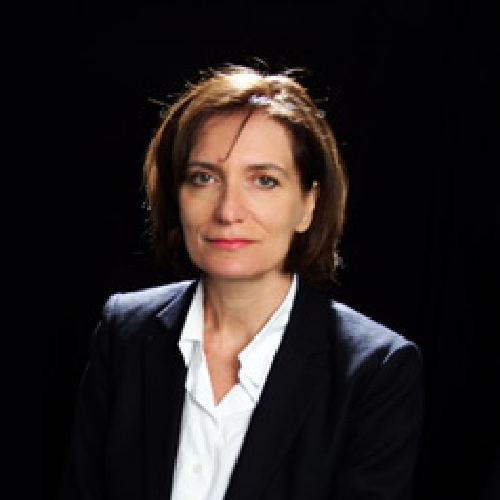
Mrs. BÉATRICE DEL VOLGO
General Inspector
General Inspectorate of Justice
France
Mrs. Béatrice Del Volgo entered the justice system with a competitive exam after graduating with a master's degree in private law.
Initially, she worked as a Judge of Inquiry in the investigative hearings in Corsica and Marseilles, where she specialized in organized crime, and later on in the Financial and Economic Affairs.
She continued working in the same field as an adviser to the court of Appeal Aix en Provence in the Correctional Chamber specializing in Financial and Economic matters.
For several years she has been practicing her profession in a public prosecutor's office, where she has mainly dealt with juvenile cases.
She has worked as an Inspector in the General Inspectorate of Judicial Services, and later as a General Inspector in the General Inspectorate of Justice. Currently, she is the Head of the Department of Ethics and Administrative Inspections.
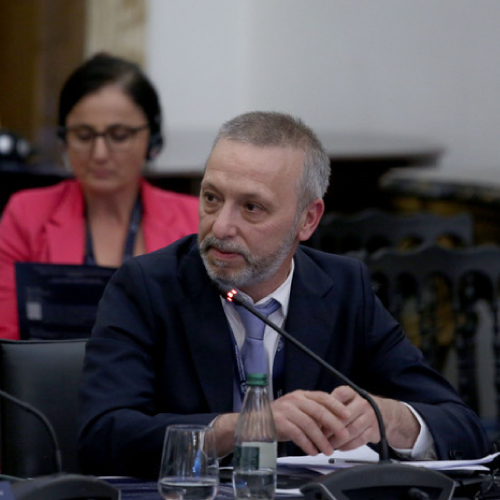
Mr. VITOR MANUEL RIBEIRO
Judicial Inspector
High Council of Magistracy
Portugal
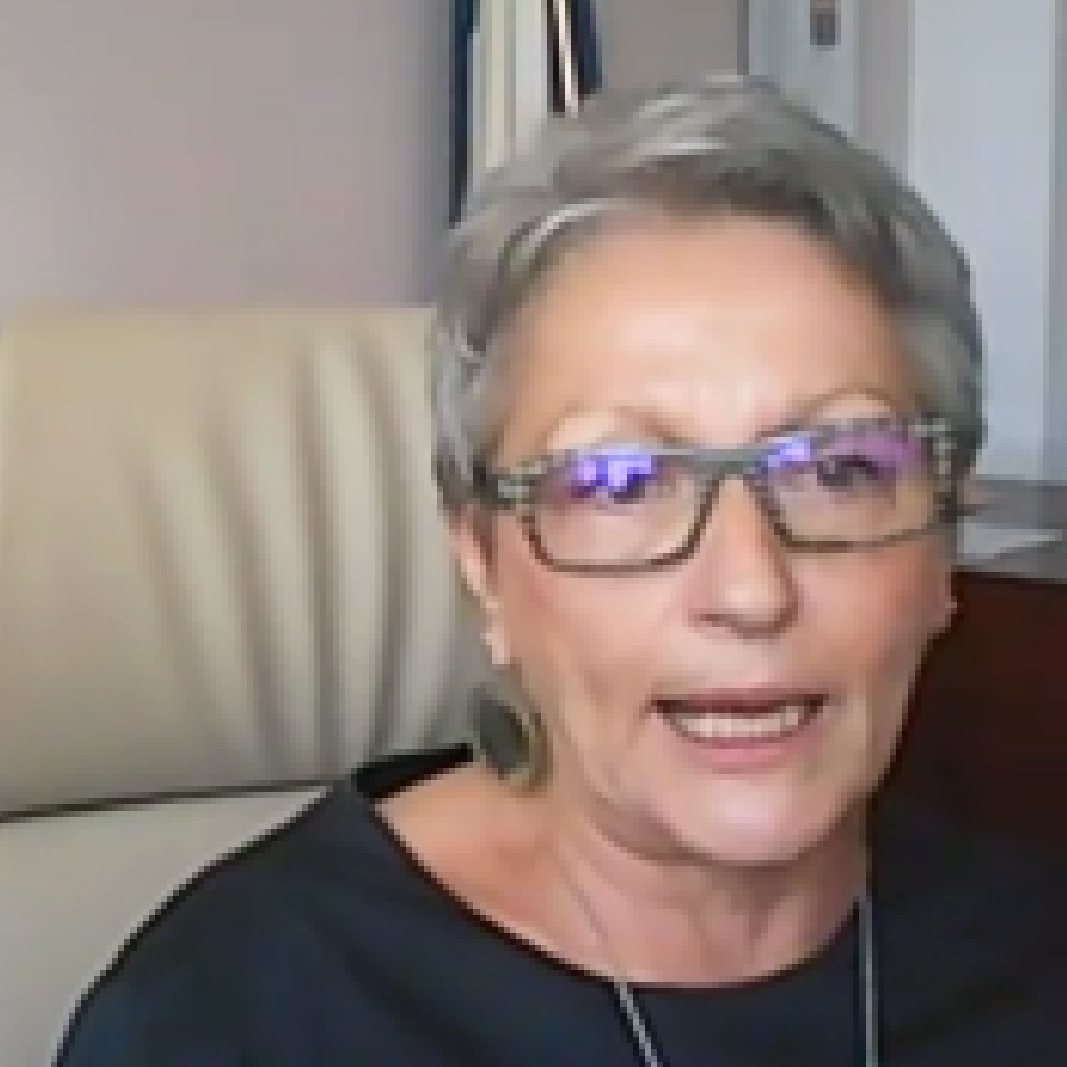
Mrs. EMANUELA ALIVERTI
Inspector
General Inspectorate of Ministry of Justice
Italy
Mrs. Emanuela Aliverti graduated in Foreign Languages (English-French) in 1978 and in 1983 graduated in Justice at the University “Cattolica del Sacro Cuore” in Milan. In 1986 she was appointed justice auditor.
During her career, Mrs. Aliverti served as a civil judge as well as for minors. She was labor judge, for custody, uncontested procedures, sentencing judge, and titular judge of the First Instance Court.
Since 1992 she has been a judge of the Como Court in the First Civil Chamber (matters related to real rights, persons and family relations, company law, liabilities, inheritance, and labor disputes) and in the Second Civil Chamber (matters related to property rights, intellectual and industrial rights, contractual and non-contractual liability, inheritance, entrepreneurship, paternity denial procedures, adoption of the adults, and correction of gender determination, termination of pregnancy in minor women, shortened proceedings and complaints). Furthermore, from 2004 to 2010, employee and then judge at the Juvenile Court of Bologna, of Milan, and then until 2014 counselor of the First Civil Chamber at the Court of Appeal of Milan.
Mrs. Aliverti has worked as General Inspector in the General Inspectorate in the Ministry of Justice from 2014 to January 2022. From March 2022 she is the Coordinator of the International Group of the General Inspectorate in the Ministry of Justice.
During her career, Mrs. Emanuela Aliverti has been part of the Examinations Board of the candidates for the title of lawyer, and magistrates; was a mentor-judge in Vocational training school for magistrates, referrer in the training courses for peace judges, lawyers, the judicial auditor in the Italian General Inspectorate and has referred in a lot of seminars and international conferences for justice like in Rabat, Marakesh, Tirana, Paris, Casablanca and in the framework of RESIJ.

Mrs. VALÉRIE DELFOSSE
Magistrate (Judge)
President of the French Speaking Commission of Inquiry of the Superior Council of Justice,
Belgium
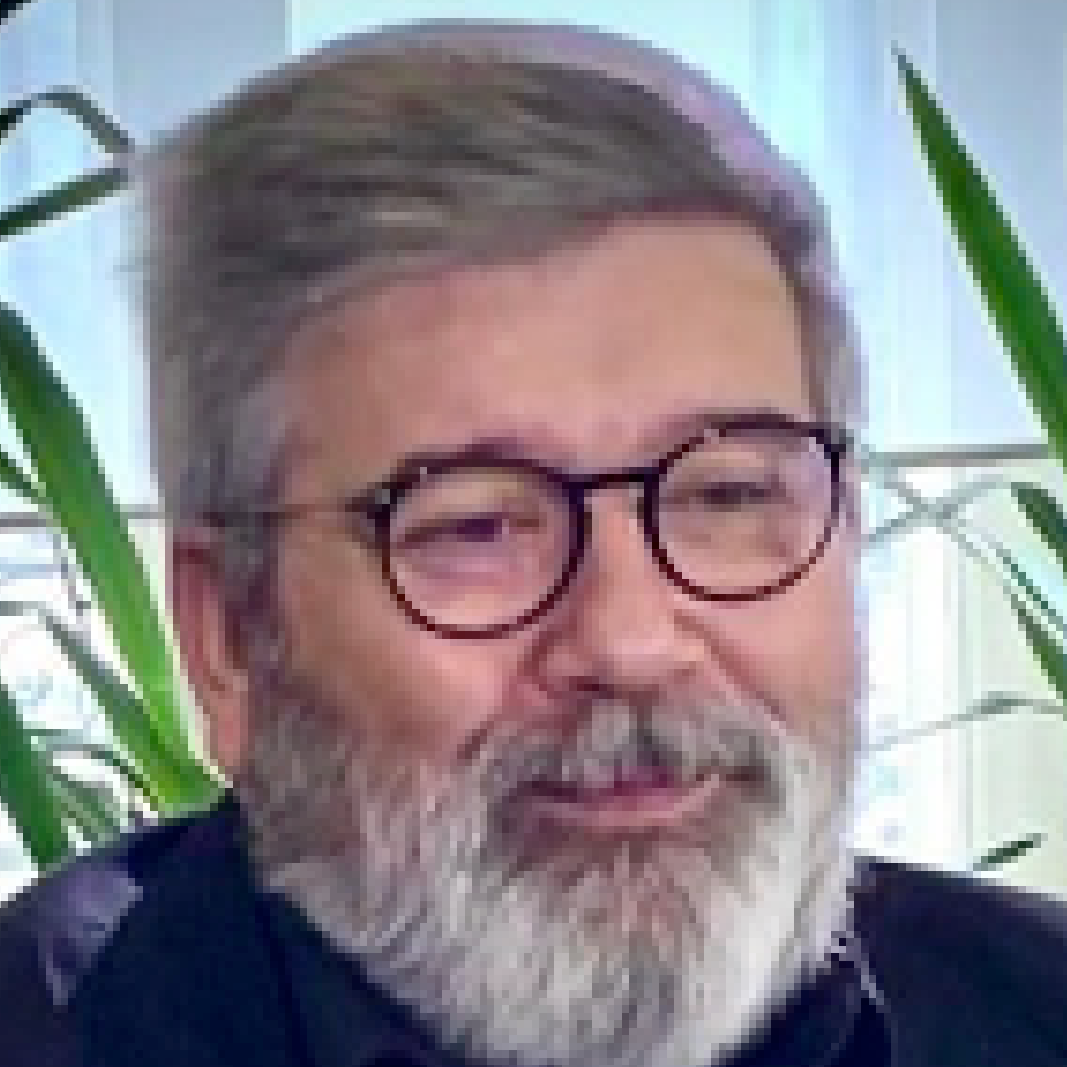
Mr. LUCIAN NETEJORU
Head of Inspectorate
Judicial Inspectorate
Romania
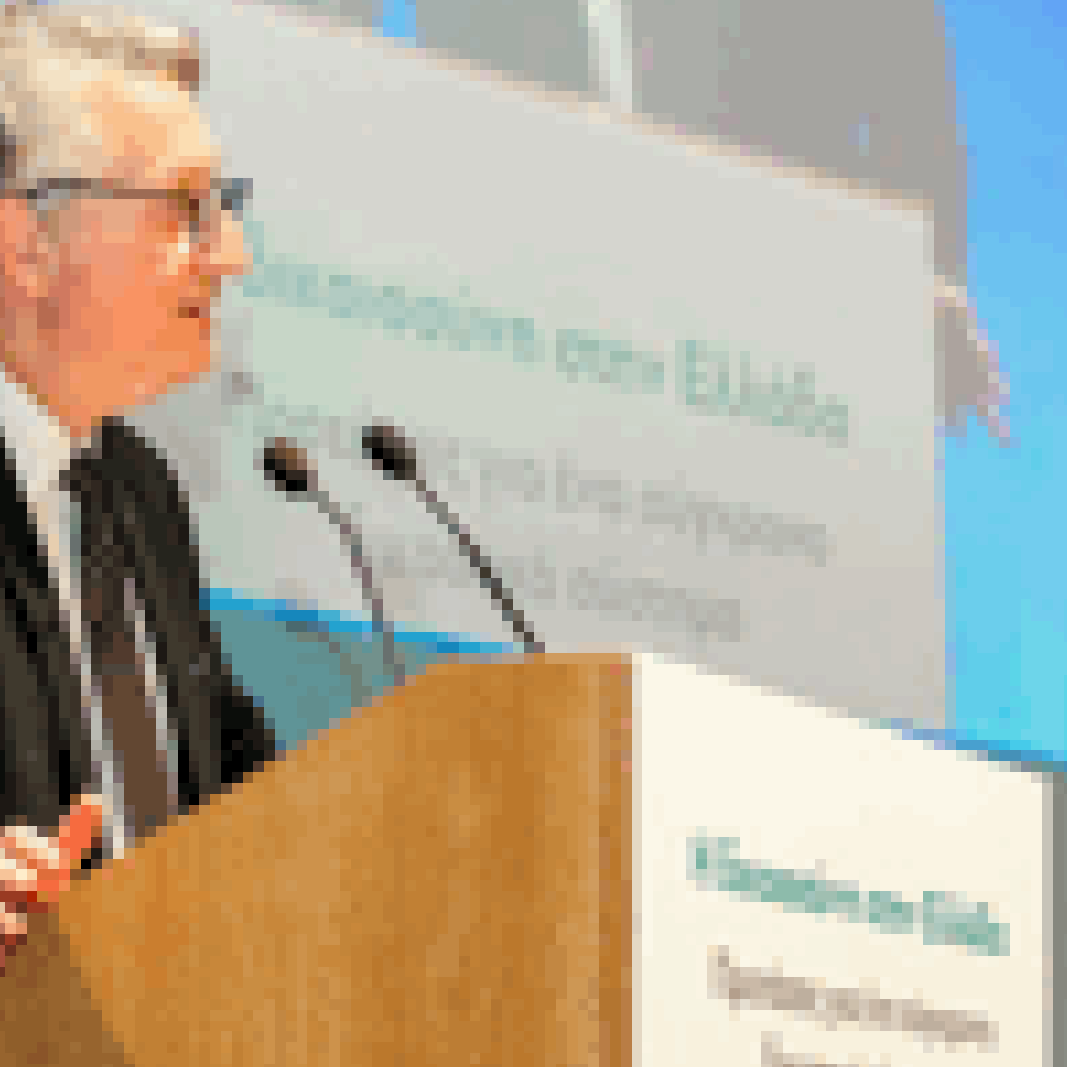
Mr. MICHAIL PIKRAMENOS
Vice President
Council of State
Greece

Mrs. MARIA NEYKOVA,
Inspector
Inspectorate to the Supreme Judicial Council
Bulgaria
Mr. LYUBOMIR KRUMOV
Inspector
Inspectorate to the Supreme Judicial Council
Bulgaria
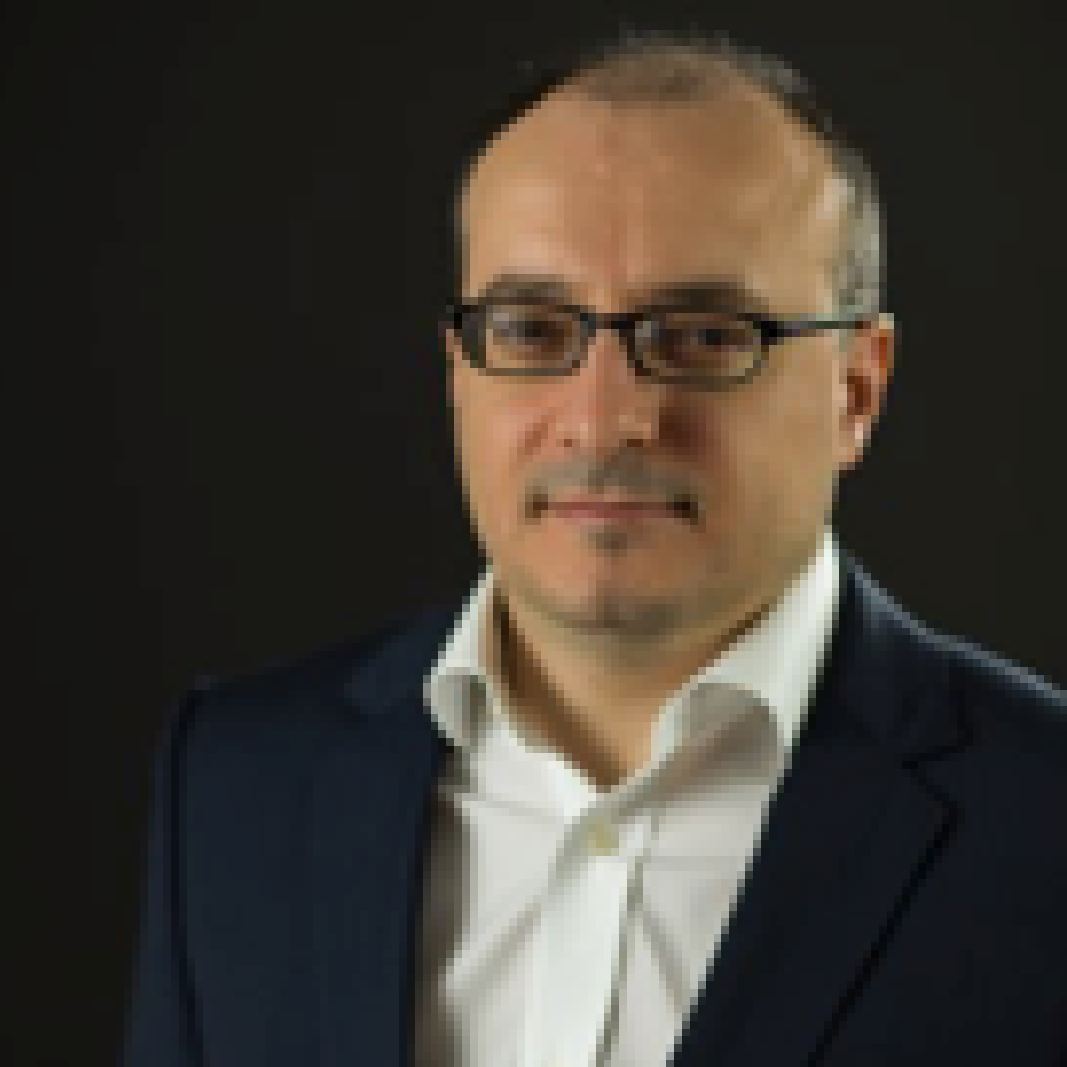
Mr. DARIAN PAVLI
Judge at the European Court of Human Rights (Online)
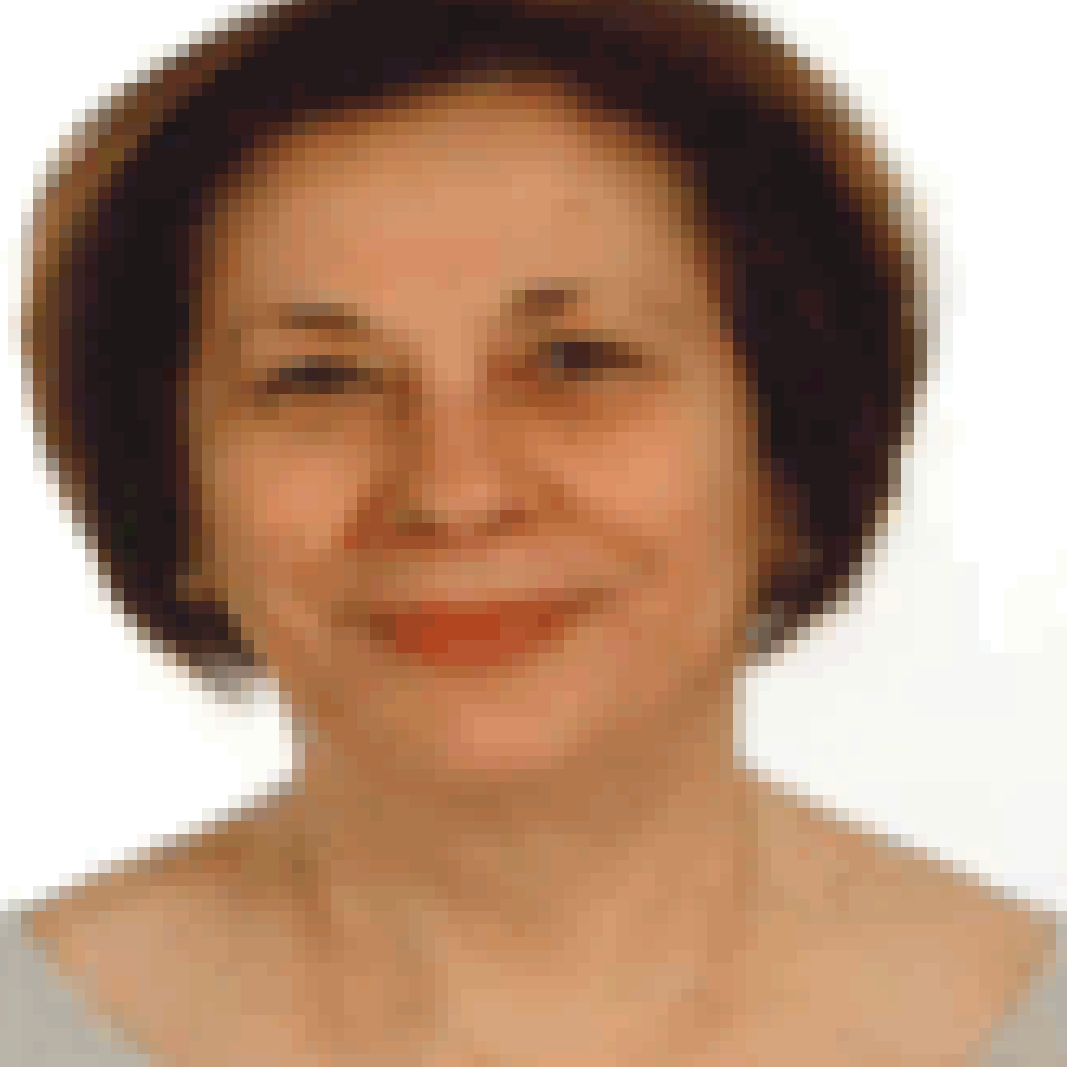
Mrs. AMPARO CAMAZON LINACERO,
Head of the Inspection Service
High Council of Judiciary, Spain (Online)
Part of the judicial system since 1980.

Mrs. ELENA BURGOS HERRERA
Inspector
High Council of Judiciary, Spain (Online)
Part of the judicial system since 2000.

Superior Council of Justice, Belgium
Mrs. Valérie Delfosse, Magistrate (judge), President of the French Speaking Commission of Inquiry of the Superior Council of Justice, Belgium

General Inspectorate of Justice, France
Mrs. Béatrice del Volgo, General Inspector, General Inspectorate of Justice, France. Mrs. Delphine Agoguet Inspector, General Inspectorate of Justice, France

Supreme Court for Civil and Criminal Cases “Areios Pagos” Greece
Mr. Nikolaos Pipiligkas Vice President of the Supreme Court for Civil and Criminal Cases «Areios Pagos», Greece

High Council of Magistracy, Portugal
Mr. Vitor Manuel Ribeiro, Judicial Inspector High Council of Magistracy, Portugal

High Council of Judiciary, Spain
Mrs. Amparo Camazon Linacero, Head of the Inspection Service, High Council of Judiciary, Spain (Online). Mrs. Elena Burgos Herrera, Inspector, High Council of Judiciary, Spain (Online)

European Commission for the Efficiency of Justice (CEPEJ)
Mrs. Muriel Decot Secretary of the CEPEJ (European Commission for the Efficiency of Justice) (online)

European Court of Human Rights
Mr. Darian Pavli, Judge at the European Court of Human Rights (Online)

Inspectorate to the Supreme Judicial Council, Bulgaria
Mrs. Maria Neykova, Inspector, Inspectorate to the Supreme Judicial Council, Bulgaria. Mr. Lyubomir Krumov, Inspector, Inspectorate to the Supreme Judicial Council, Bulgaria. Mrs. Nina Nikolova, Expert, Inspectorate to the Supreme Judicial Council, Bulgaria.

Council of State, Greece
Mr. Michail Pikramenos Vice President,Council of State, Greece

Judicial Inspectorate, Romania
Mr. Lucian Netejoru, Head of Inspectorate, Judicial Inspectorate, Romania. Mrs.Roxana Petcu, Inspector, Judicial Inspectorate, Romania

General Inspectorate of the Ministry of Justice, Italy
Mrs. Maria Rosaria Covelli Head of General Inspectorate, General Inspectorate of the Ministry of Justice, Italy. Mrs. Emanuela Aliverti, Inspector, General Inspectorate of the Ministry of Justice, Italy

High Inspector of Justice, Albania
Mr. Artur Metani, High Inspector of Justice, Albania

Council of Europe
Mr. Vincent Delbos, General Inspector of Justice(honorary), member of the Committee for the Prevention of Torture, Council of Europe
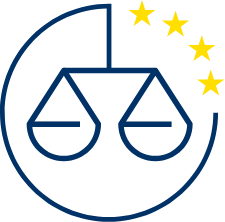
RÉSEAU EUROPÉEN
DES SERVICES D'INSPECTION
DE LA JUSTICE
In 2017, representatives of the inspection services of 14 member states of the European Union but not only, in order to develop methods and tools of cooperation have agreed on the establishment of the European Network of Justice Inspection Services (RESIJ). This network mainly aims at identifying issues and conducting joint training at European level; increasing the role of national inspection services in assessing the effectiveness and quality of justice at European level; as well as evaluation of European instruments of mutual judicial assistance in civil and criminal matters; developing opportunities for funding by the European Union or the Council of Europe of a number of initiatives related to the work processes of the inspection services of RESIJ member countries; drafting standard documents related to the exercise of inspection activity or those of inspectors' ethics. In the meeting of 10th December 2021 of RESIJ, it was decided that the institution of the High Inspector of Justice, of the Republic of Albania to be part of this European network with the status of observer.
The High Inspector of Justice of Albania (HIJ) was established on 1 February 2020 as a new constitutional independent institution responsible for reviewing complaints, investigating disciplinary violations and initiating disciplinary proceedings against judges and prosecutors of all levels, members of the High Judicial Council, members of the High Prosecutorial Council and the Prosecutor General. The High Inspector of Justice is elected by the Parliament. HIJ is a new institution, therefore, creating a culture of independence, professionalism and effectiveness is both a legal obligation and a challenge. In this regard, setting standards on reviewing complaints, handling them expediently and ex officio investigating disciplinary violations is of particular and long term importance
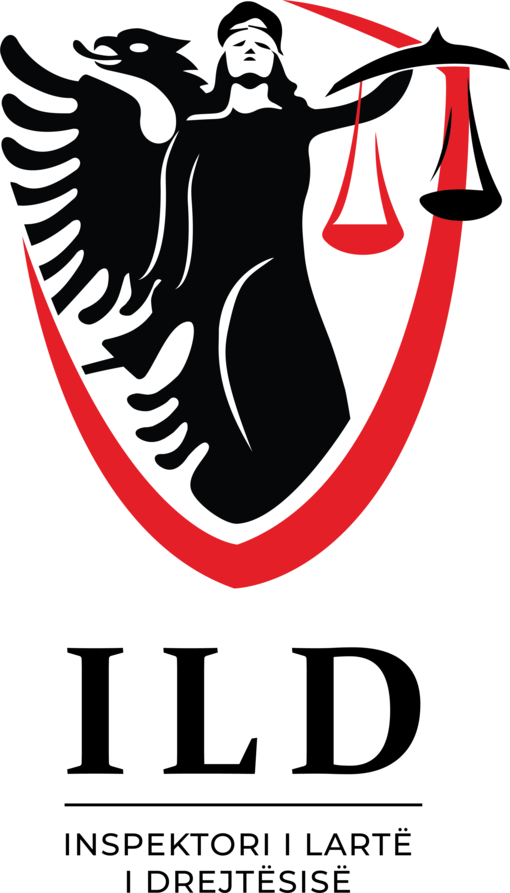
Funded by the European Union and the Council of Europe

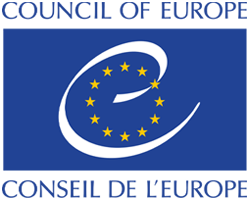
Implemented by the Council of Europe
The aim of the CEPEJ is the improvement of the efficiency and functioning of justice in the member States, and the development of the implementation of the instruments adopted by the Council of Europe to this end. CEPEJ is working with the High Inspector of Justice of Albania in the frame of the second phase of the “Horizontal Facility for the Western Balkans and Turkey - Phase II” programme, SEJ III Action “Strengthening the Efficiency and Quality of the justice system in Albania”, co-financed by the European Union and the Council of Europe and implemented by the Council of Europe.

Albania is a country in southern Europe, located in the western part of the Balkan Peninsula on the Strait of Otranto, the southern entrance to the Adriatic Sea. The capital city is Tirana (Tiranë). Albanians refer to themselves as shqiptarë—often taken to mean "sons of eagles,” though it may well refer to "those associated with the shqip (i.e., Albanian) language”—and to their country as Shqipëria. They generally consider themselves to be descendants of the ancient Illyrians, who lived in central Europe and migrated southward to the territory of Albania at the beginning of the Bronze Age, about 2000 BCE. Because of its location on the Adriatic and Ionian seas, Albania has long served as a bridgehead for various nations and empires seeking conquest abroad. In the 2nd century BCE the Illyrians were conquered by the Romans, and from the end of the 4th century CE they were ruled by the Byzantine Empire. After suffering centuries of invasion by Visi goths, Huns, Bulgars, and Slavs, the Albanians were finally conquered by the Ottoman Turks in the 15th century. Ottoman rule cut off Albania from Western civilization for more than four centuries, but in the late 19th century the country began to remove itself from Ottoman influence and to rediscover old affinities and common interests with the West. Albania was declared independent in 1912, but the following year the demarcation of its boundaries by the great powers of Europe (Austria-Hungary, Britain, France, Germany, Italy, and Russia) assigned about half its territory and people to neighboring states. Ruled as a monarchy between the World Wars, Albania emerged from the violence of World War II as a communist state that fiercely protected its sovereignty and in which almost all aspects of life were controlled by the ruling party. But with the collapse of other communist regimes beginning in 1989, new social forces and democratic political parties emerged in Albania. That shift reflected the country's continuing orientation toward the West, and it accorded with the Albanian people's long-standing appreciation of Western technology and cultural achievements—even while retaining their own ethnic identity, cultural heritage, and individuality.
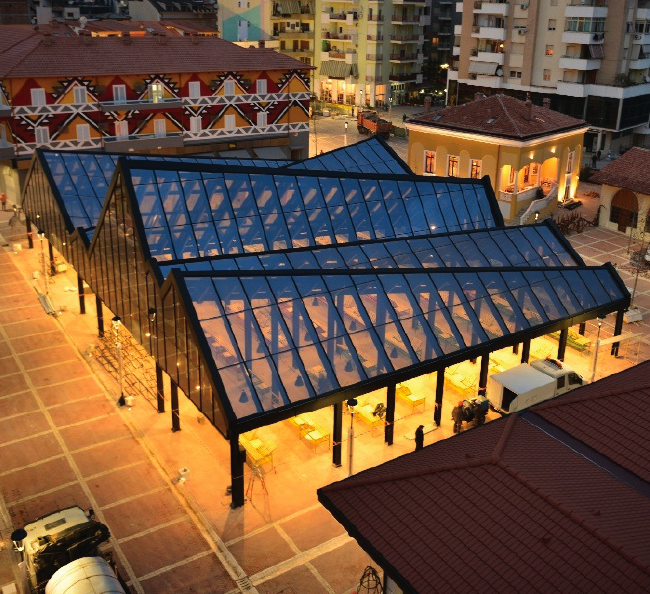
Tirana, Albanian Tiranë, is the capital city of Albania. Modern Tirana was founded in 1614 by Sulejman Pasha Bargjini a local ruler who constructed a mosque, a bakery and a hamam (Turkish sauna). The town gradually became a trading center at a junction of roads and caravan trails. It was chosen to be the capital of Albania in 1920 by a congress at Lushnjë. Under King Zog I (reigned 1928-39), Italian architects were employed to replan the city. The focus is Skanderbeg Square, whose Etehem Bey Mosque (1819) is now flanked by the Soviet-built Palace of Culture. Nearby is the University of Tirana (1957). The old city stretches to the east and north of the main square and features alehouses and historic architecture. Tirana has museums, a national institute of folklore, a national theatre, and a concert hall. Skanderbeg Square has a large statue of Skanderbeg (Gjergj Kastrioti), the Albanian national hero. Today, Tirana is a city that grows and changes every day as the center of political and administrative life of Albania. Housing almost all state institutions, diplomatic representatives, and becoming the largest center of education in the country, Tirana remains vital to the country's prosperity. Tirana is a city filled with hotels, restaurants, bars, pubs, youth and artistic centers that provide an active and diverse cultural life for locals and foreigners alike. The city continues to be an important center of national and international activities, such as seminars, conferences, festivals, spectacles, and more, making it a well- known and inviting city. Tirana was selected as European Youth Capital 2022
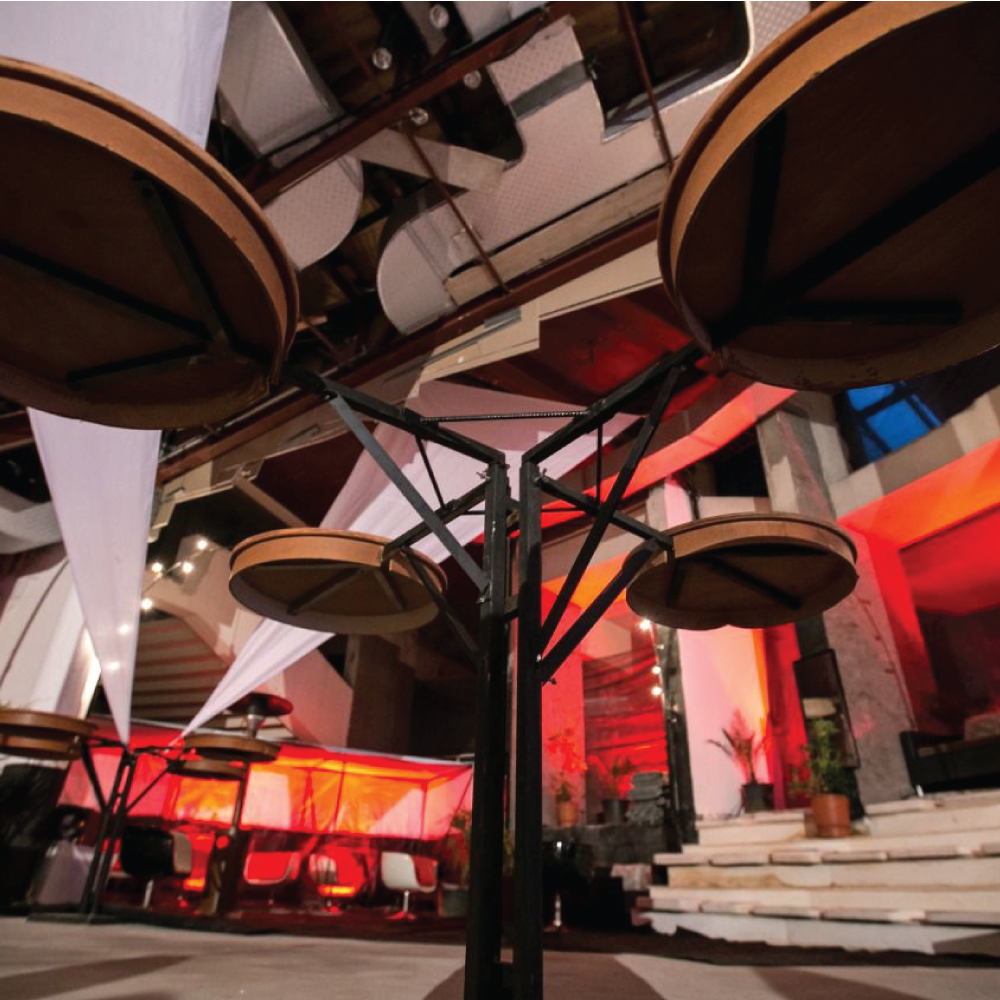
The Communist Block was the former residence of senior members of the Communist Party. It was known to be a restricted area to ordinary citizens. Block area has a unique story. Some of the city's most beautiful villas are settled here since the pre-war period. Enver Hoxha returned it in his own and to the "comrades" of communist leadership residence. The existing houses were enlarged and expanded, almost hiding behind the greenery and scary atmosphere surrounding the forbidden area of the capital. Today, this neighborhood is no longer the one covered by greenery, but a special amal- gam of multi-storey buildings, villas converted into international residences, luxury boutiques, cafes and clubs packed in a small area. Block area has turned into one of the largest and most frequented night-life spots especially by youth, due to the diversity of services and luxury pubs. Definitely, whoever wants more nightlife, light and nightclub, should go to the Block.
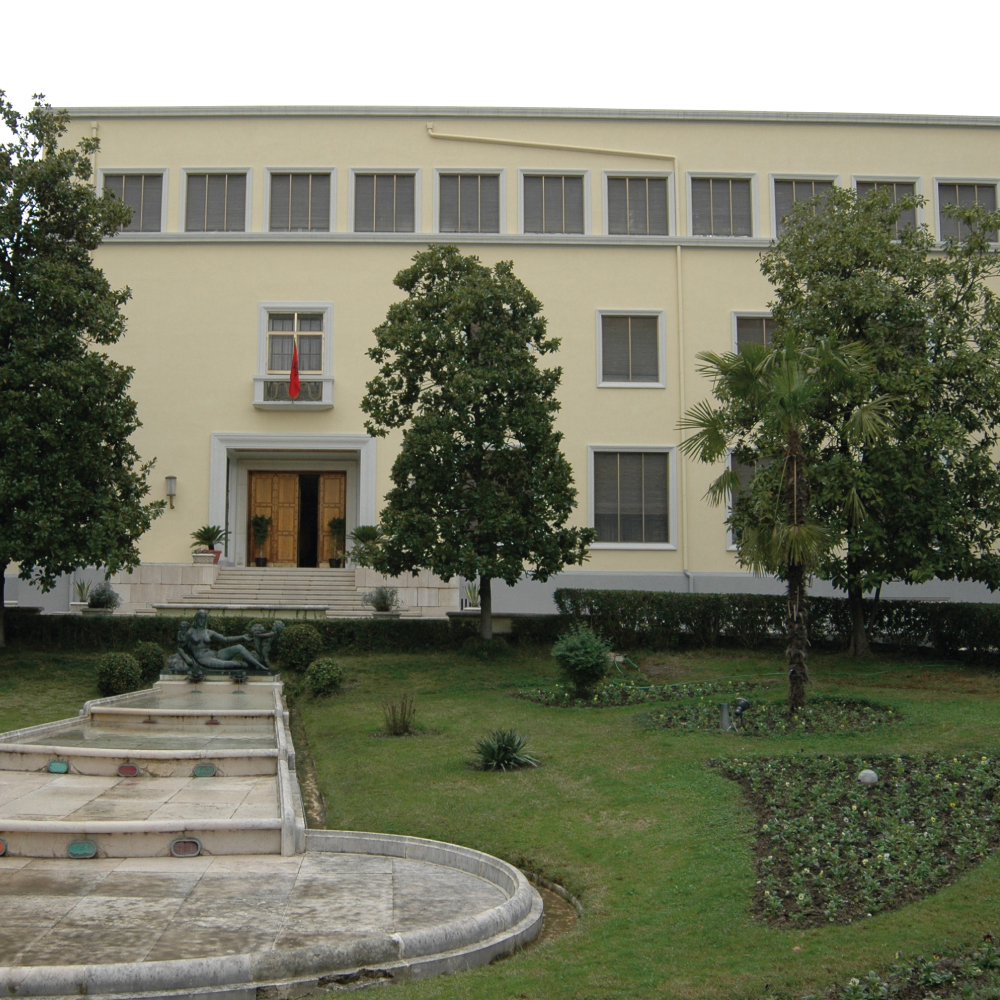
The palace and its beautiful garden, with big trees, colorful flowers and statues were inaugurated in May of 1941. Its construction actually began in 1936, and the initial project was designed by the Italian architect Julio Berté. The complex, both structure and garden, were commissioned by King Zog I, who intended to use them as his residence. After Italy's invasion of Albania in 1939, and King Zog's exile from the coun- try, he never had a chance to see the Palace fully constructed so the initial plans for the project changed. The construction was overseen by another Italian architect, Gerardino Bosio, who had different plans for it. The building served as a functioning Royal palace only once, for King Vittorio Emanuele III of Italy during his only visit to Albania in May 1941. The name "Palace of Brigades" was given in 1945 in honor of the partisan brigades that liberated it, a name which was used during the communist regime. Starting from 1992, after the fall of communism, the official name of this residence is "Presidential Palace". Since 1945 the building serves as the Presidential Palace for official receptions.
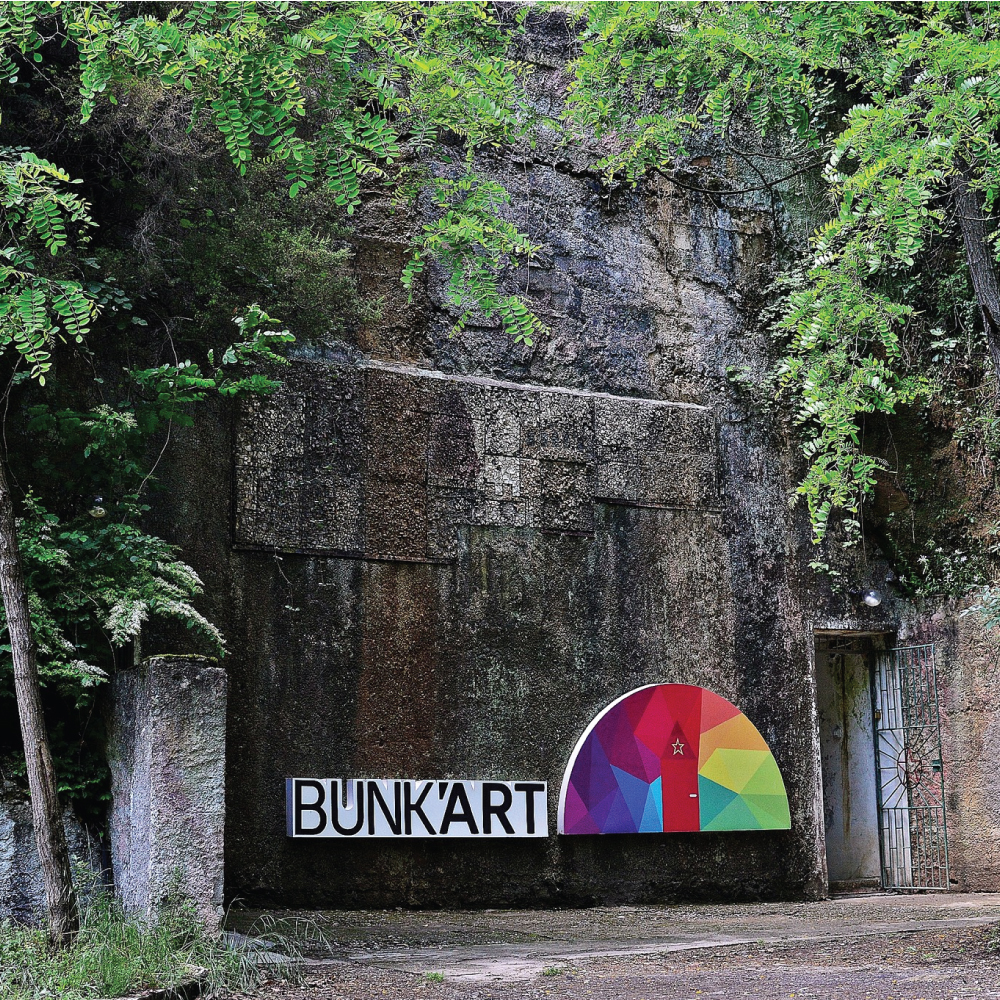
Beginning from April 2016, "Bunk'Art" is open to the public permanently. In June 1978, the dictator Enver Hoxha inaugurated the anti-nuclear bunker built by the then communist government. It is a 5 floors underground building with 106 rooms and a congress hall, now transformed into a historical-artistic center called "Bunk'Art". "Bunk'Art" contains: The Historical Exhibition, the Museum Exhibition and Artistic Installations. The historical exhibition reflects: 1) Italy's landing period in Albania, the resistance of the Albanian people and the capitulation of Italy. (1939-1943), 2) Diplo- macy during the War (1941-1945), 3) German invasion and the Albanian resistance, the struggle for power and liberation of Albania (September 1943 - November 1944), 4) After the War: Hope and Disappointment 1945 - 1947), 5) Red Albania 1945-1990. The museum exhibition includes: 1) Enver Hoxha's Chamber, 2) Mehmet Shehu's Chamber, 3) Military Liaison Museum, 4) Supporting Battalion Museum, 5) Officer's Room, 6) Headquarters Staff Room, 7) Museum of Telecommunication.
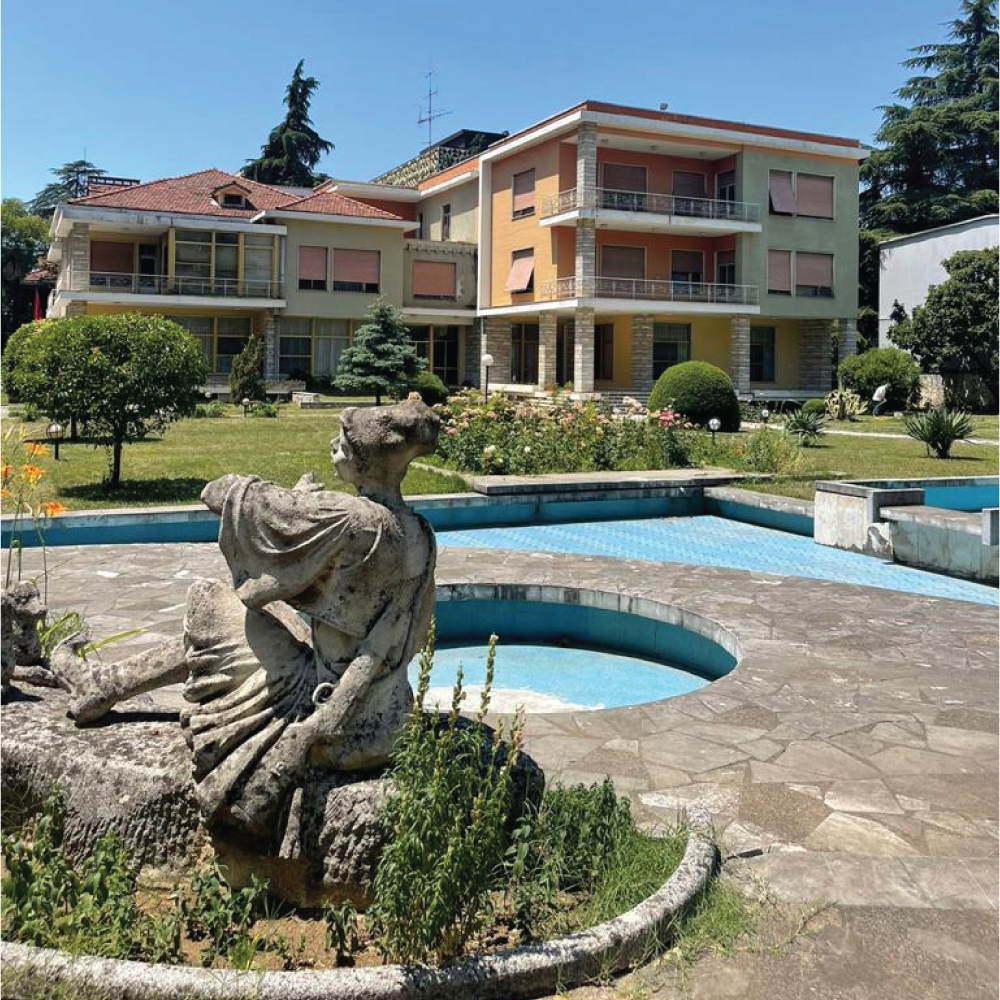
This villa was the home of the former communist dictator Enver Hoxha, and is a construction of the Communist Era (1974). This complex imitates the architecture of the 30's, and consists of a heavy concrete construction with large slabs of white stone. This home sits in the middle of the old Communist Block, known in Albanian as 'ish-Blloku', and has been an intangible object, taboo, with a lot of mysteries at the time of the communist dictatorship.
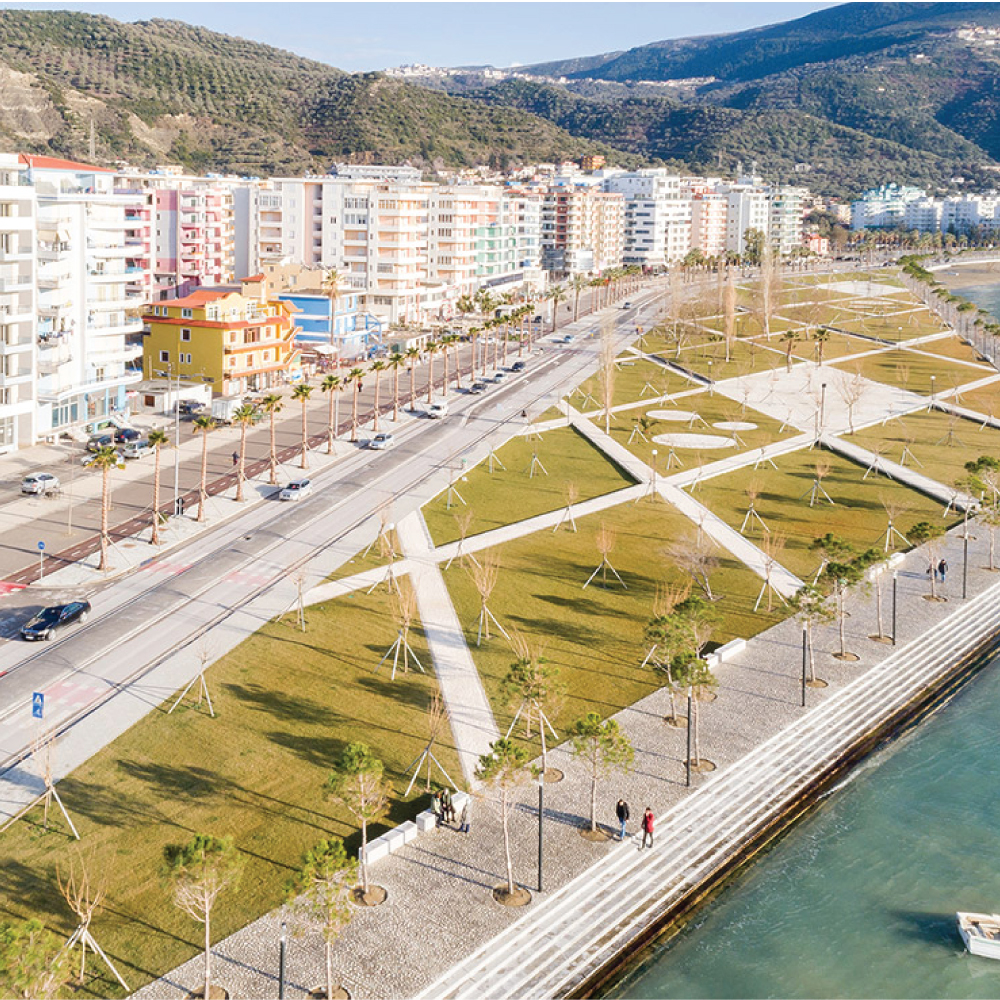
Founded in the 6th century B.C.E. and known in Antiquity as Aulona, Vlorë was built in one of the most beautiful spots in southern Albania. Its shores present a unique mixture of rocky and sand beaches, and the gorgeous vistas of the Karaburun Peninsula and Sazan Islands stretch in front of the city. Vlorë is the starting point of the Albanian Riviera, and its shores are bathed by both the Adriatic and the Ionian Seas. It is one of the most popular destinations for tourism in Albania, thanks also to the proximity of the Orikum and Amantia archaeological parks and Llogara National Park. Beyond its heavenly beaches and natural wonders, the city is of historical importance for Albania, having hosted its First National Assembly, where Albania declared independence from the Ottoman Empire on November 28, 1912.
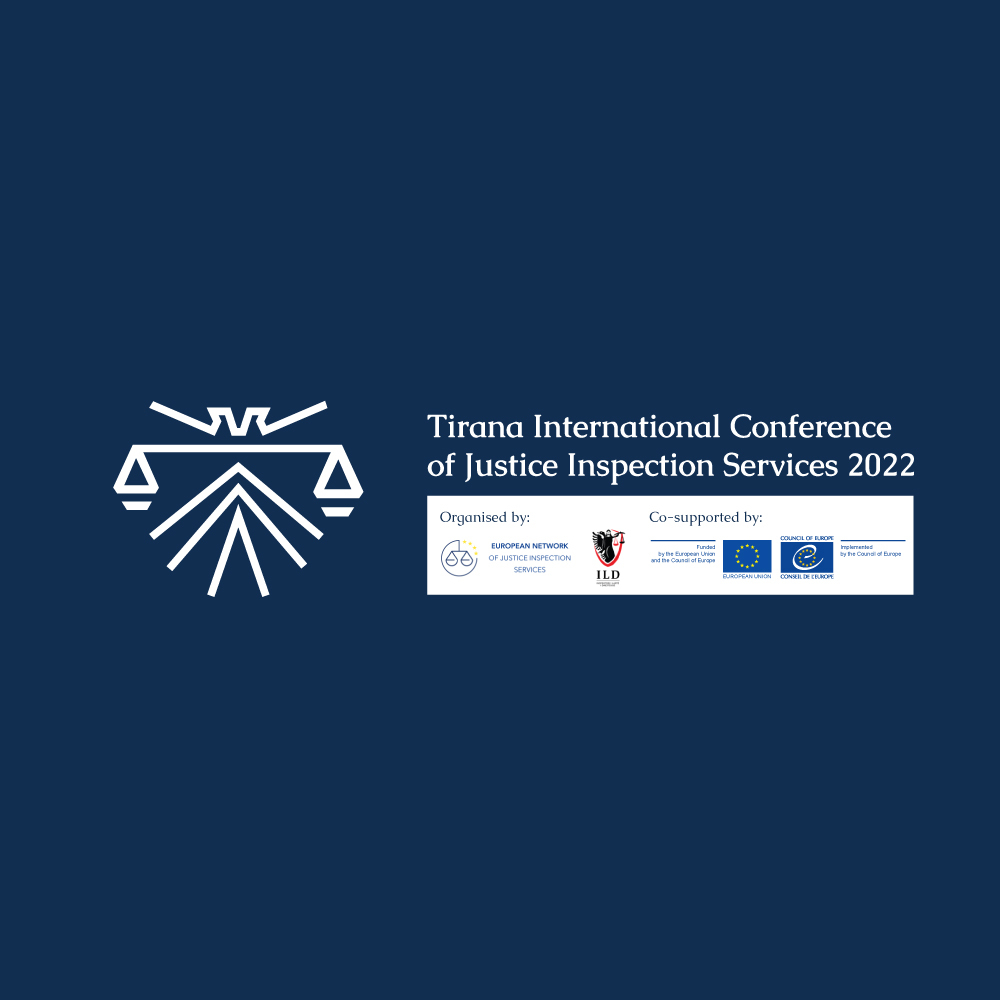
22 June 2022
Read More


Tirana International Conference of Justice Inspection Services 2022
For any queries, please send an e-mail to
hijconference@ild.al